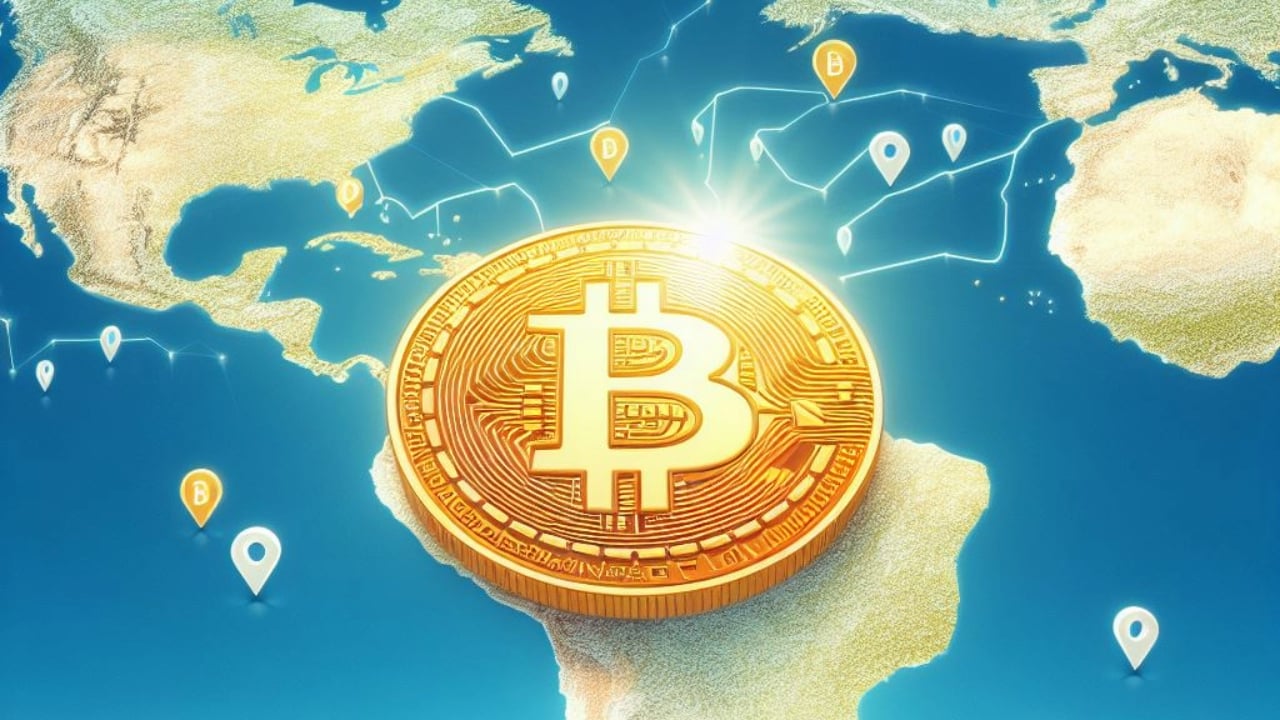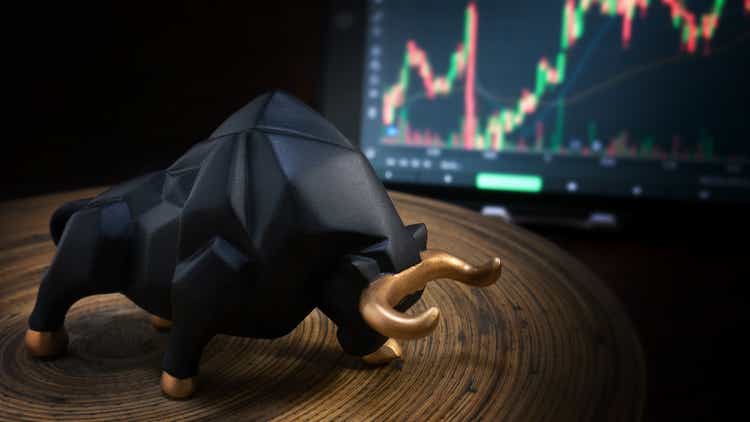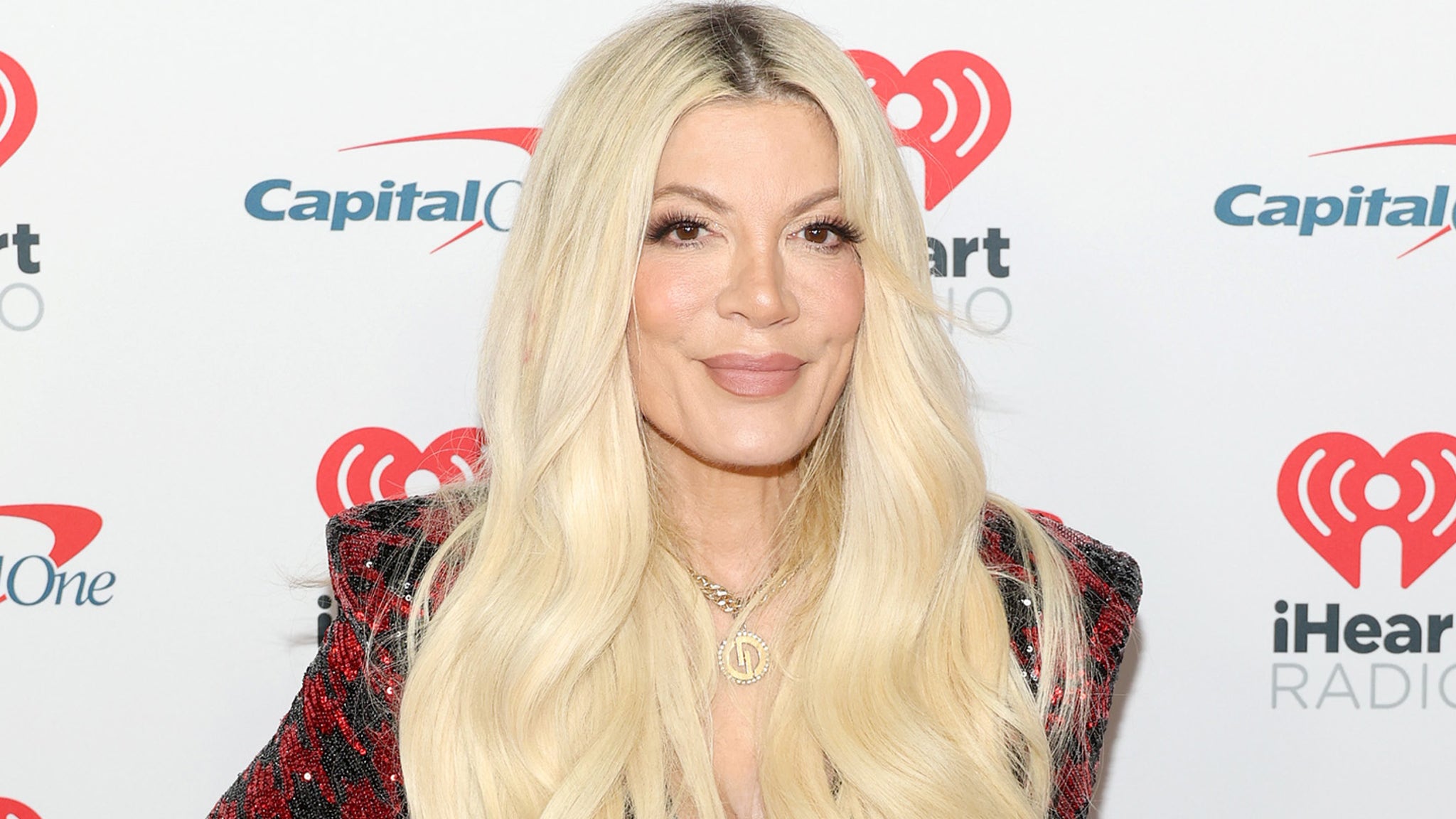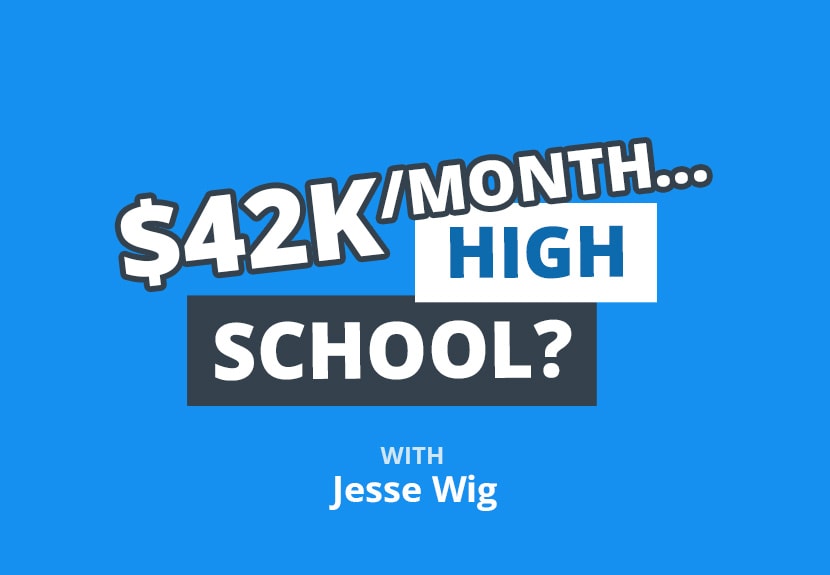First, Happy St. Patrick’s Day.
Now to the news.
by Matt Cole and Chris Nicholson, The Hill, March 7, 2024.
Excerpt:
The Biden administration recently promised it will finally loosen the purse strings on $39 billion of CHIPS Act grants to encourage semiconductor fabrication in the U.S. But less than a week later, Intel announced that it’s putting the brakes on its Columbus factory. The Taiwan Semiconductor Manufacturing Company (TSMC) has pushed back production at its second Arizona foundry. The remaining major chipmaker, Samsung, just delayed its first Texas fab.
Later excerpt that gives the reason:
The law contains 19 sections aimed at helping minority groups, including one creating a Chief Diversity Officer at the National Science Foundation, and several prioritizing scientific cooperation with what it calls “minority-serving institutions.” A section called “Opportunity and Inclusion” instructs the Department of Commerce to work with minority-owned businesses and make sure chipmakers “increase the participation of economically disadvantaged individuals in the semiconductor workforce.”
HT2 commenter Ahmed Fares, who linked to this later article.
Jon Hartley interview of Levitt, The Capitalism and Freedom in the 21st Century Podcast, March 7, 2024.
Note: I read the transcript because I can read at about 6 to 8 times the speed at which I can listen. But the transcript is “scratchy.” For example, “U of C,” which is obviously the University of Chicago, comes across as UFC.
Excerpt:
Because when you’re on the job market, when you’re young academic, you have to convince the faculty who are hiring you, that you have, somehow the idea is that technique, knowing how to do hard things, technical skills is really valuable. Or that you have, you know the formula for writing some difficult kind of paper.
My comment
I had no concept of this when I went on the job market. I had just turned 24 and interviewed at the AEA meetings in San Francisco in December 1974. UCLA, where I was working on my dissertation, was pretty hot then and so I got interviews with a lot of top schools, including Northwestern. I remember Northwestern specifically. I had got interested in energy economics and that led me to a number of popular publications. One was about all the small mines that had closed down after the 1969 coal mine safety law had passed. Could there be a connection? There sure as hell was, and showing that was a big part of my dissertation. Part of my interest also, I confess, was due to the fact that I had worked in an underground nickel mine in northern Manitoba during the summer of 1969.
In short, I chose my topic because it interested me, it seemed important, and I thought I could do it. I literally didn’t think, “What would top economists find interesting?” I didn’t care. And I’m glad I didn’t care. I marched to the beat of my own drummer from an early age. Cue Mama Cass singing one of my favorite songs, “Make Your Own Kind of Music.”
In those days, you interviewed in a hotel suite with 3 or 4 of the college’s faculty. One or two of the Northwestern faculty seemed interested and I could tell by Dale Mortensen‘s look and body language that he wanted me to get the hell out of there. He wasn’t rude. He just had zero interest. (By the way, Mortensen shared the 2010 Nobel Prize in economics.)
One other thing I’ll add: If you decide to work on things that other people are interested in and you’re not, you know what will happen if you succeed? You’ll get more opportunities to work on things that you’re not interested in. When I accepted my job at the Council of Economic Advisers under Murray Weidenbaum and got there 2 weeks before Murray left and Marty Feldstein showed up, I looked around at who was there and who would show up under Marty (I correctly predicted Larry Summers and Paul Krugman), I realized that there was no one to cover health policy. Health economics had always fascinated me and so on Marty’s first day on the job, when we went around the room saying our names and where we came from, I departed from form and said, “David Henderson, Labor Department, and I want to be the health economist.” Krugman and Summers, sitting at Marty’s end of the room, looked at each other; one said something to the other–I can’t remember which one–and the other one giggled. I had the last laugh. Two hours later Marty invited me to his office and handed me the job.
There’s so much good material in Jon’s interview that I recommend listening to, or reading, the whole thing.
Tucker Carlson, The Interview, March 11, 2024.
Tucker was pretty nasty to Chris Cuomo when each had a show, Carlson on Fox News and Cuomo on CNN. But after Tucker was fired, Cuomo called up to offer moral support. That, in itself, I found impressive. There are so many good comments in this almost 2-hour long interview, with the approximate time stamps.
15:30. Cuomo: Presidents take the power to make war and Congress doesn’t fight back. The result: we get in bad wars.
54:00. Cuomo doesn’t make a gender distinction about whom should be shot.
1:01:00. Cuomo: The January 6, 2021 event was a riot, not an insurrection. You don’t do an insurrection without guns.
1:21:46. Cuomo: Negativity is the proxy for insight.
1:35:20. Cuomo cites Marcus Aurelius.
There are so many more good parts.
My opinion of Carlson rose a little because he had the decency to invite Cuomo and also to admit that he (Carlson) had acted like a jerk. My opinion fell later when he said two things: (1) it’s never justified to hit or shoot a woman and (2) one should always take the side of a family member regardless of the truth.
My opinion of Cuomo had been low because he had lied about staying in his basement after getting Covid. But it rose when I saw him making clear distinctions that, in my view and surprisingly, showed him to be Tucker Carlson’s intellectual superior.
















